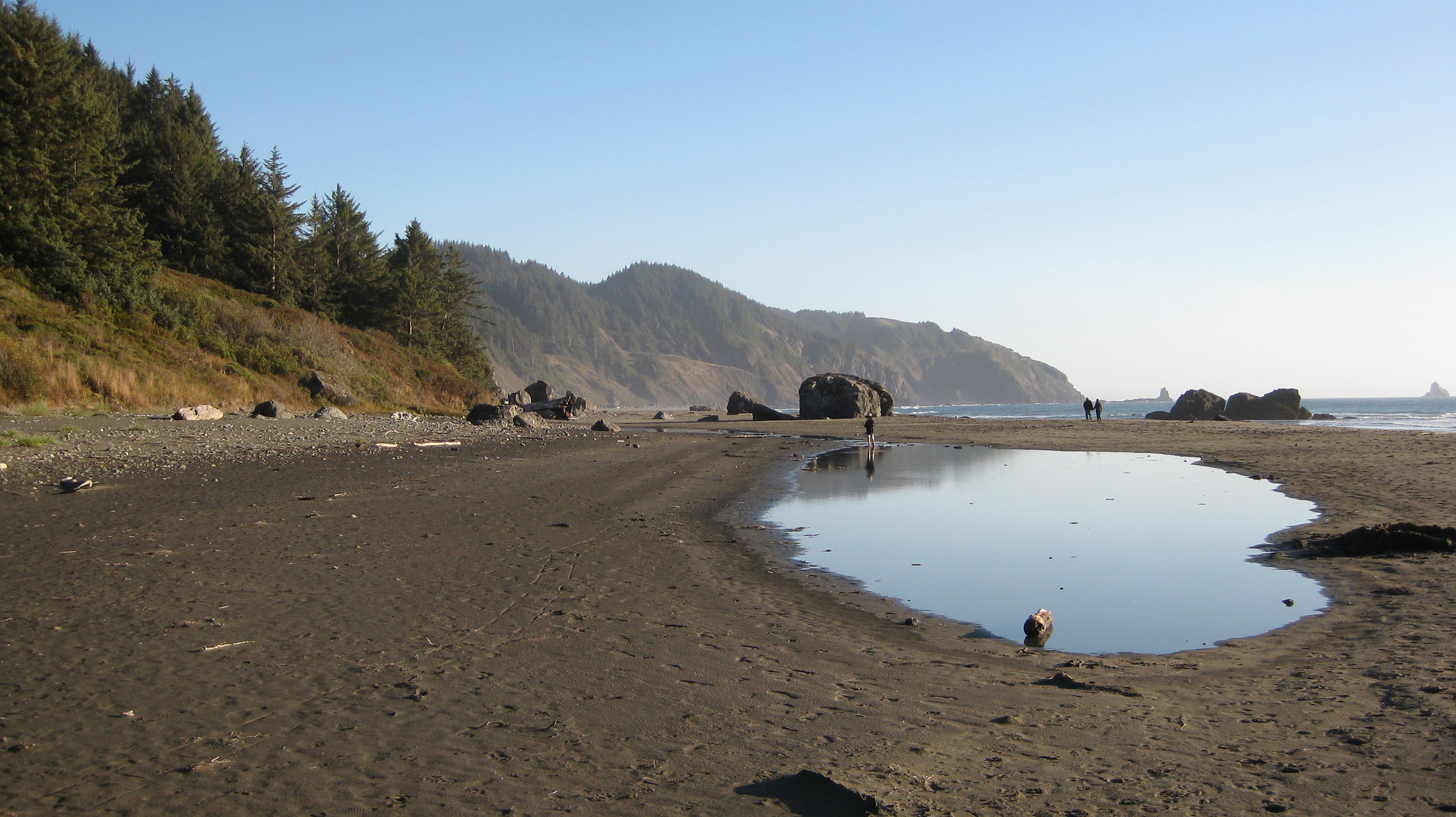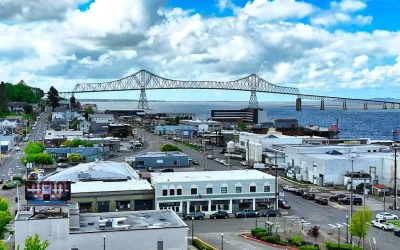Brookings has joined the growing list of Oregon coastal towns where camping on the beach is officially prohibited, following a decision by the Oregon Parks and Recreation Commission. The new rule, approved on Wednesday, will take effect on December 1, 2024.
This rule change comes after a public comment period in which support for the ban was overwhelmingly positive. According to The Oregonian, 93% of the 74 written comments submitted to the parks department and the 20 oral comments at a Brookings public hearing favored the ban.
Overnight camping on the ocean shore is already prohibited in or adjacent to many Oregon state parks and within city limits in Seaside, Cannon Beach, Manzanita, Rockaway Beach, Lincoln City, Newport, Bandon, and Gold Beach. Portions of Clatsop and Tillamook counties also restrict beach camping. Brookings will now join this list.
The Oregon Parks and Recreation Department noted that the Brookings ban was prompted by concerns about public health, public safety risks, and the marine ecosystem's integrity. These concerns were brought to light through a petition filed by the Macklyn Cove Condominium Association in June.
While beach camping is technically allowed in certain stretches of the Oregon coast, the lack of overnight parking often makes it impractical. This restricts camping to backpackers hiking the Oregon Coast Trail, some of whom admit to camping illegally in off-limits areas.
During the public comment period, opponents of the ban raised concerns about public access rights and its impact on unhoused individuals. Some suggested alternatives, such as implementing a permit system or improving enforcement of existing rules rather than imposing a blanket ban.
Despite these concerns, the commission determined that the ban would be beneficial overall. “While littering and sanitation issues identified in the public comment are addressed through enforcement of existing rules, expanding the areas closed to camping can improve recreational access to the ocean shore, create a safer and more enjoyable environment for visitors, and protect coastal resources,” the commission stated in its proposal, as reported by The Oregonian.
The Brookings ban reflects a growing effort along the Oregon coast to balance recreational use with environmental preservation and community safety.













